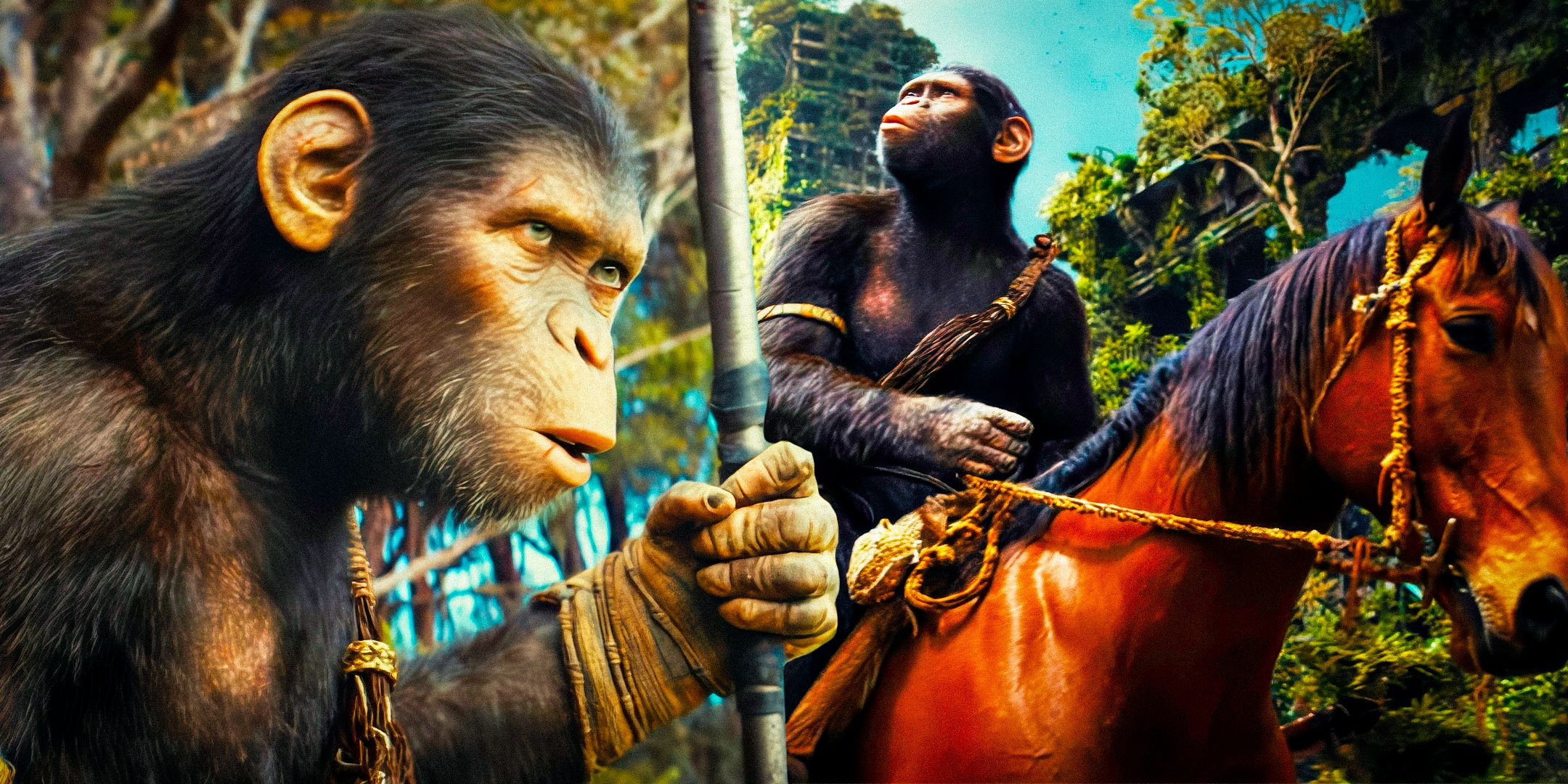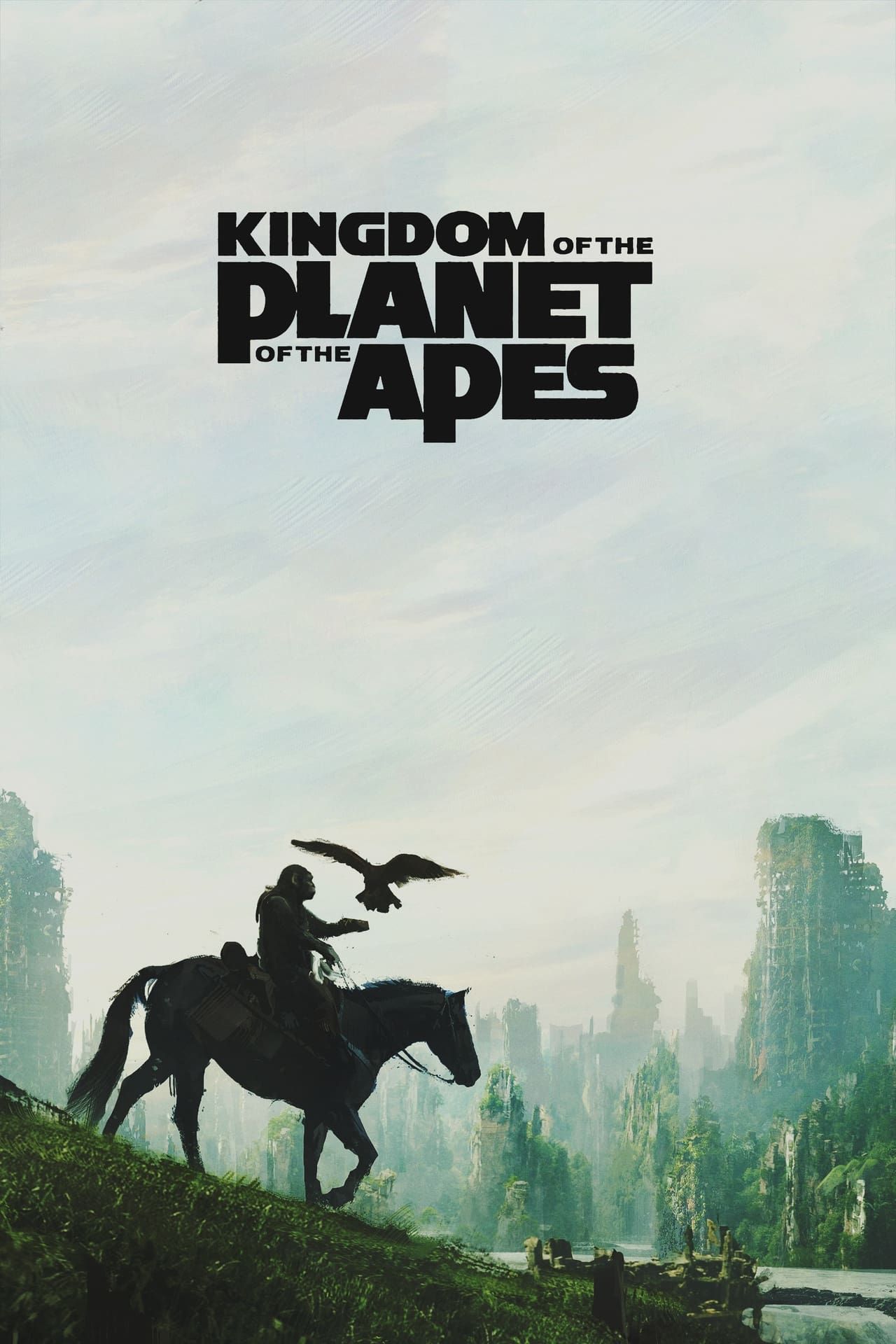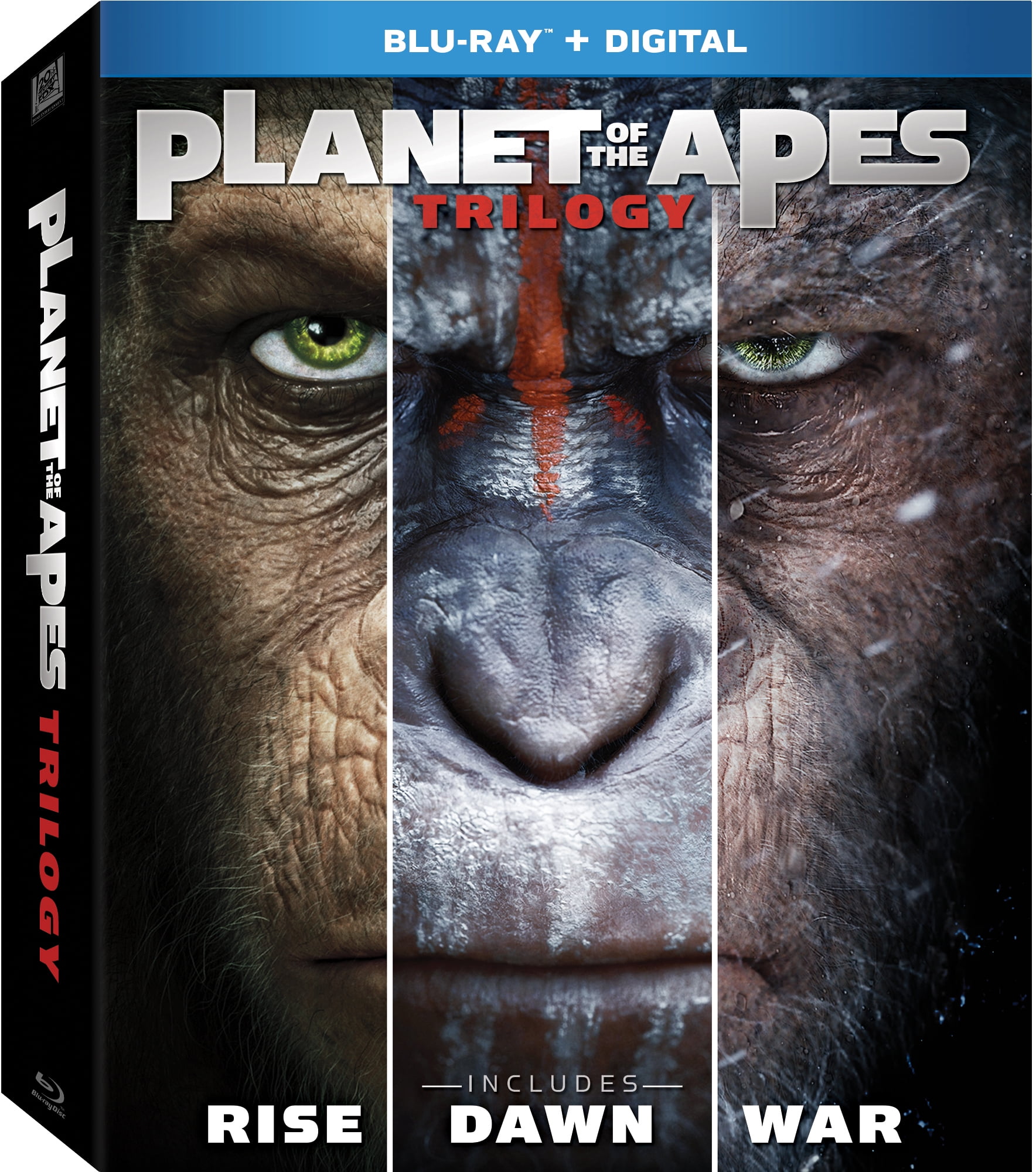There’s something undeniably captivating about the Planet of the Apes trilogy. It’s not just a movie franchise; it’s an exploration of humanity, evolution, and morality wrapped up in some seriously cool ape action. If you’re a fan of gripping storytelling, groundbreaking visual effects, and thought-provoking themes, then this trilogy is your golden ticket. But what makes it so special? Let’s dive in and find out.
When it comes to movie trilogies, few have left as lasting an impact as the Planet of the Apes series. Released between 2011 and 2017, these films reimagined the classic story of apes rising against humans in a way that feels both modern and timeless. Directed by Rupert Wyatt and Matt Reeves, the trilogy takes us on a journey through the origins of Caesar, the rise of the apes, and their eventual clash with humanity.
But hey, this isn’t just about explosions and CGI. These movies tackle heavy topics like freedom, power, and survival, all while keeping you on the edge of your seat. So whether you’re a die-hard fan or just curious about why everyone’s talking about it, stick around. We’re about to break it all down for you.
- December 18 Zodiac What Makes You So Special Sagittarius
- May 21 Zodiac Sign Unveiling The Mysteries Of Taurus Traits And Celestial Energy
Table of Contents
- Introduction
- Overview of the Planet of the Apes Trilogy
- Main Characters and Their Evolution
- Exploring the Major Themes
- Revolutionary Special Effects
- The Development of Ape Culture
- Human-Ape Dynamics
- Cultural and Cinematic Impact
- Criticisms and Controversies
- The Future of the Planet of the Apes Franchise
Overview of the Planet of the Apes Trilogy
Alright, let’s kick things off with a quick rundown of what the trilogy’s all about. The Planet of the Apes trilogy consists of three films: Rise of the Planet of the Apes (2011), Dawn of the Planet of the Apes (2014), and War for the Planet of the Apes (2017). Each movie builds upon the last, creating a cohesive narrative that’s as compelling as it is intense.
Plot Summary
In the first film, Rise of the Planet of the Apes, we meet Caesar, a genetically modified chimpanzee who gains intelligence due to an experimental drug called ALZ-112. As Caesar grows, so does his understanding of the world—and his desire for freedom. The second film, Dawn of the Planet of the Apes, sees the apes establishing a community in the forest while humanity struggles to survive in a post-apocalyptic world. By the time we reach War for the Planet of the Apes, tensions between apes and humans have escalated into full-blown warfare.
Main Characters and Their Evolution
No story is complete without its characters, and the Planet of the Apes trilogy has some truly unforgettable ones. Let’s take a closer look at the key players.
- August 19 Zodiac Unlock The Secrets Of Your Leo Energy
- Dylan Walsh The Rising Star Whos Capturing Hearts Worldwide
Caesar
Caesar is the heart and soul of the trilogy. Played by the legendary Andy Serkis, he’s a complex character who embodies both animal instinct and human intellect. Throughout the series, we see Caesar grapple with leadership, morality, and the weight of his responsibilities. His evolution from a curious young ape to a wise and compassionate leader is nothing short of breathtaking.
Other Key Characters
- Koba – Caesar’s conflicted ally turned enemy, Koba represents the darker side of ape society.
- Maurice – A wise and gentle orangutan who serves as Caesar’s advisor and friend.
- Malcolm – A human survivor who forms an unlikely bond with Caesar.
Exploring the Major Themes
The Planet of the Apes trilogy isn’t just about action; it’s packed with themes that make you think long after the credits roll. Here are a few of the big ones:
Freedom and Oppression
Freedom is a recurring motif throughout the series. From Caesar’s quest for liberation in the first film to the broader struggle for autonomy in the later installments, the trilogy explores what it means to be free—and the price we pay for it.
Humanity and Morality
What does it mean to be human? And can apes possess human-like qualities? These questions are at the core of the trilogy’s exploration of morality and identity. Through characters like Caesar and Koba, we see how different perspectives can shape actions and decisions.
Revolutionary Special Effects
Let’s talk tech for a moment. The special effects in the Planet of the Apes trilogy are nothing short of groundbreaking. Thanks to motion capture technology and the incredible performance of actors like Andy Serkis, the apes look and feel like living, breathing beings. This level of realism adds depth to the story and makes the audience truly care about the characters.
How Motion Capture Works
Motion capture involves tracking an actor’s movements and translating them into digital animations. In the case of the Planet of the Apes trilogy, this technology allowed the filmmakers to create apes that were not only visually stunning but also emotionally expressive. It’s a game-changer for the industry.
The Development of Ape Culture
One of the coolest aspects of the trilogy is how it portrays the development of ape culture. From their language and social structures to their art and traditions, the apes in these films are more than just animals—they’re a society in their own right. This attention to detail makes the world feel authentic and immersive.
Language and Communication
Communication plays a vital role in the trilogy. While the apes don’t speak traditional human languages, they use a combination of sign language, gestures, and vocalizations to express themselves. This adds another layer of complexity to their interactions with both humans and other apes.
Human-Ape Dynamics
The relationship between humans and apes is central to the trilogy. At times, it’s cooperative; at others, it’s hostile. This dynamic reflects real-world issues like prejudice, coexistence, and mutual respect. By examining these relationships, the films encourage viewers to reflect on their own interactions with others.
Conflict and Cooperation
Conflict arises when humans and apes clash over resources, territory, and ideology. However, moments of cooperation remind us that collaboration can lead to greater understanding and progress. It’s a powerful reminder that even in the face of adversity, there’s always room for hope.
Cultural and Cinematic Impact
There’s no denying that the Planet of the Apes trilogy has left a lasting mark on both pop culture and the film industry. Its success has inspired countless other projects to explore similar themes and technologies. But beyond the box office numbers, the trilogy has sparked important conversations about science, ethics, and the future of our planet.
Legacy in the Film Industry
By pushing the boundaries of visual effects and storytelling, the trilogy has set a new standard for modern cinema. It proves that science fiction doesn’t have to sacrifice depth for spectacle—and that’s something worth celebrating.
Criticisms and Controversies
Of course, no work of art is without its critics. Some viewers have questioned the trilogy’s portrayal of violence and its handling of certain themes. Others have pointed out inconsistencies in the plot or character development. While these criticisms are valid, they don’t detract from the overall impact of the series.
Addressing the Critiques
The filmmakers have acknowledged these concerns and used them as opportunities for growth. Each subsequent film builds on the lessons learned from the previous one, resulting in a more refined and polished final product.
The Future of the Planet of the Apes Franchise
So, what’s next for the Planet of the Apes franchise? While no official announcements have been made, fans are eagerly speculating about potential sequels or spin-offs. Could we see a new generation of apes rise to power? Or perhaps a deeper dive into the origins of the virus that devastated humanity? Only time will tell.
Possible Directions
- A prequel series exploring the early days of the virus outbreak.
- A sequel focusing on the aftermath of the war and the rebuilding of society.
- A standalone film centered around a different character or species.
Conclusion
In conclusion, the Planet of the Apes trilogy is a masterpiece of modern cinema. It combines thrilling action, thought-provoking themes, and cutting-edge technology to create an unforgettable experience. Whether you’re a longtime fan or a newcomer to the franchise, there’s something for everyone to enjoy.
So, what are you waiting for? Dive into the world of the Planet of the Apes and see for yourself why it’s one of the greatest trilogies of our time. And when you’re done, don’t forget to share your thoughts in the comments below or check out our other articles for more awesome content. Stay wild!
- Floppa Cat The Hilarious Internet Sensation Thats Taking Over The World
- Uk Royal News The Latest Buzz Around The Crown


